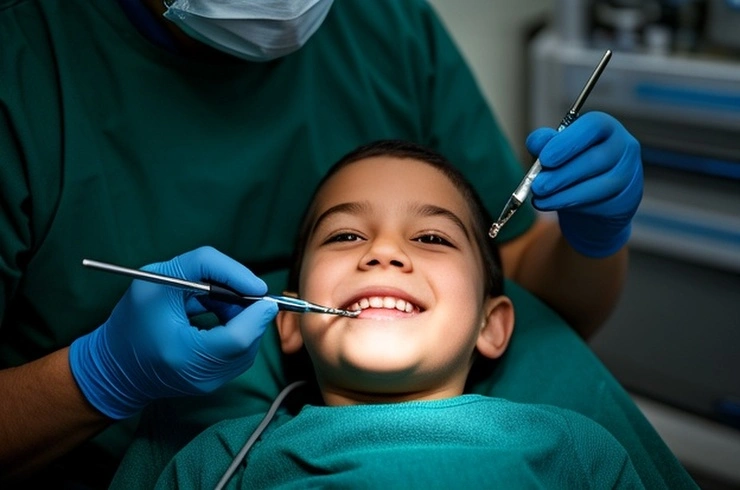
For many, the emergence and eventual removal of wisdom teeth are significant rites of passage. While each individual's experience is unique, there are common patterns in their development and the reasons for their extraction.
The Evolving Role of Wisdom Teeth
Historically, wisdom teeth served a crucial role in our ancestors' diets, aiding in the chewing of tough, uncooked foods. Their larger jaws provided ample space for these third molars. However, as human diets and facial structures evolved, our jaws became smaller, often leaving insufficient room for these teeth to erupt properly. This evolutionary shift largely explains why wisdom teeth are now frequently problematic.
When Do Wisdom Teeth Appear?
Wisdom teeth are the last permanent teeth to emerge, typically making their appearance between the ages of 17 and 21, coinciding with the late high school and early college years. Despite their late eruption, their development begins much earlier, often between 7 and 10 years old. This entire process is a gradual one, involving the calcification of the tooth, crown formation, root development, and finally, the tooth's emergence through the gums. Interestingly, studies suggest that wisdom teeth tend to erupt earlier in men than in women, with upper molars often appearing before lower ones.
Signs of Eruption and Potential Issues
As wisdom teeth break through the gums, some individuals may experience temporary pain or discomfort, which usually subsides once the tooth is fully erupted. Over-the-counter pain relievers or warm saltwater rinses can often alleviate these symptoms. However, some people experience no discomfort at all.
While some individuals may never develop wisdom teeth or have them partially erupt without issues, others, particularly those between 17 and 25, face problems such as persistent pain, pressure in the back of the jaw, or gum swelling.
Why Extraction is Often Necessary
A significant majority of adults, especially those under 70, will eventually require wisdom tooth removal. The primary reasons for extraction are often preventative or due to complications. Removing wisdom teeth can prevent overcrowding, which can lead to plaque buildup, tooth decay, and gum disease. Furthermore, if a wisdom tooth is unable to fully break through the gums, it can become impacted, resulting in severe pain, swelling, and infection.
Ignoring the recommendation for wisdom tooth removal can lead to serious oral health issues, including pericoronitis—an infection of the tissues surrounding a partially erupted tooth—and even damage to nearby tooth roots, potentially leading to cyst or tumor formation. Listening to your dentist's advice is crucial for maintaining optimal oral health.
When to Consult Your Dentist
Regular dental check-ups are essential for monitoring the development of your third molars. It's advisable to begin discussions about potential wisdom tooth scenarios with your dentist during your teenage years. If a permanent tooth has not erupted within a year of its expected timeframe, seeking professional dental advice is recommended. Proactive management of wisdom tooth development is key to safeguarding your long-term oral health.
Pro Tip
The content of the article is shared by netizens, please carefully identify it